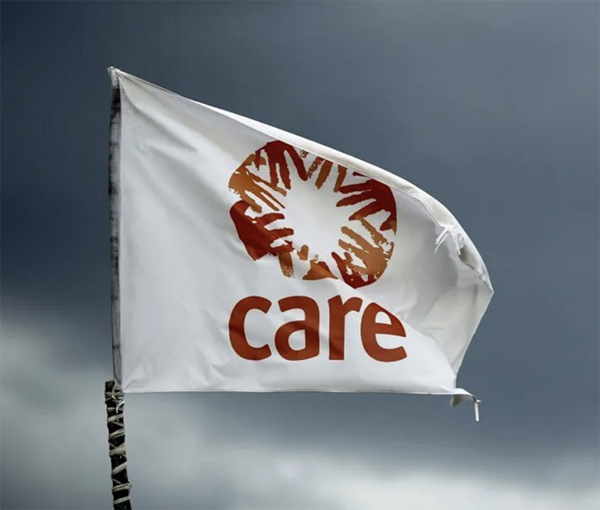
This week, as the United States convenes regional leaders from across the hemisphere for the 9th Summit of the Americas, civil society leaders have put forward a call to action to address the drivers and impacts of migration and displacement on the wellbeing of communities across Latin America and the Caribbean.
The humanitarian context in the region has shifted dramatically since governments last gathered at the 8th Summit four years ago in Peru: Latin America and the Caribbean now has more migrants per capita than any other region in the world and humanitarian needs have tripled in the last three years. In response, civil society organizations in the Americas have been providing essential support and services to people on the move and vulnerable host communities, as they have for decades. Despite this, migration and displacement issues were not included as part of the Summit’s core thematic pillars or formal civil Society working groups, effectively insulating the issue from inclusive consultation and input from civil society.
In reaction to this oversight, on May 25 CARE USA and the Pulte Institute for Global Development's Central America Research Alliance (CARA) — based at the University of Notre Dame — convened civil society experts from the Caribbean, Central America, and South America to discuss the intersection of humanitarian crisis, migration, and displacement across the Americas, and how policymakers can support a more equitable future for all.
The outcome document summarizes five key themes from the discussion to guide policymakers and stakeholders:
1. People are on the move for diverse, but fundamental reasons. Simplistic solutions that seek to deter human mobility will not override the reality that people move when their humanitarian needs for protection, shelter, livelihoods, or food are not being met.
2. Human mobility is not a problem, it is a right. Rather than deterrence, policy approaches should promote “rootedness” through investments into core areas of society like climate adaptation, governance, and gender equality.
3. Comprehensive strategies must address humanitarian needs holistically. Addressing the root causes of mobility is critical for creating long-term change, but for the millions in the Americas already in need of life-saving assistance, there isn’t time to wait for long term solutions
4. Civil society is a vital partner, but they can’t work alone. Across the region, civil society is highly developed and often fills the role of the state in supporting migrants, displaced people, returnees, and vulnerable host populations.
5. Rights-based and compassion-centered approaches are key. Border management strategies and policies related to people’s right to asylum should be approached first and foremost from a human security perspective.
And offers four recommendations for how policymakers attending the Summit can take action to support rights-based policy solutions and aid responses:
1. Scale-up humanitarian aid and comprehensive development assistance. People and communities need immediate, flexible assistance to cover their basic needs and sustainable mechanisms to build resilience against future shocks.
2. Lead with local knowledge. Providing flexible funding to local organizations supports the accountability of local power structures and ensures that programs are designed and implemented optimally to suit local realities.
3. Put existing conventions into action through partnerships. States should work with civil society to design accountability and enforcement mechanisms to implement national, regional, and international legal conventions that have already been adopted in the Americas, like the Cartagena Declaration.
4. Uphold people’s right to move. The U.S. and other states should improve asylum processes and enact border management practices that ensure all people on the move receive equitable, humane treatment, in line with International Law.
Click here to read the full report.
Originally published by CARE.org. For more information, contact Rachel Kent at Rachel.Kent@care.org.